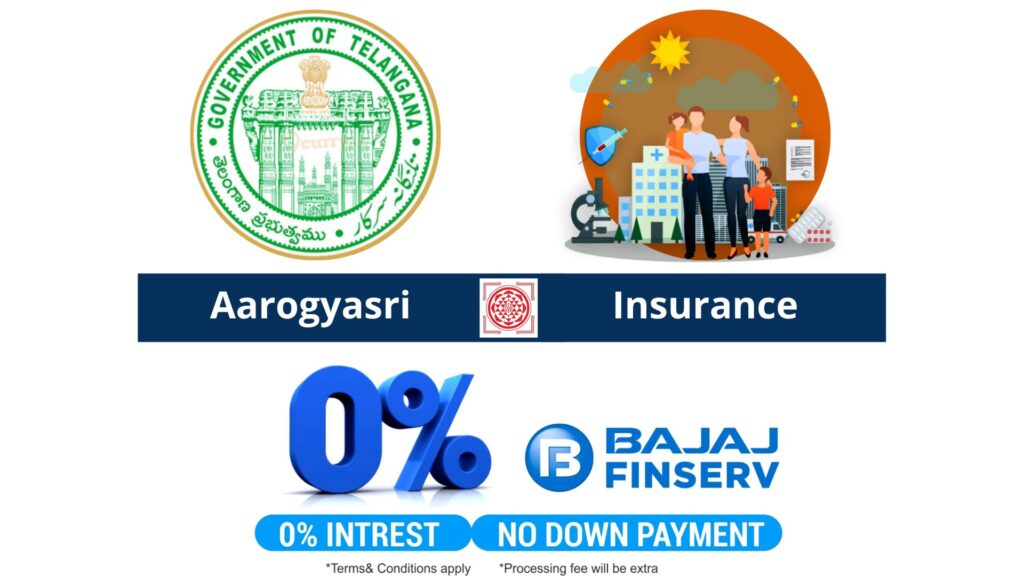
overview
A heart with pericarditis and a normal heart
Pericarditis Open the popup dialog
Pericarditis is swelling and irritation of the thin, sac-like tissue that surrounds your heart (pericardium). Pericarditis often causes sharp chest pain and sometimes other symptoms. Chest pain occurs when the irritated layers of the pericardium rub against each other.
Pericarditis is usually mild and goes away without treatment. Treatment of more severe cases may include medication and, rarely, surgery. Inflamed pericardium Treatment in Hyderabad
symptoms
Chest pain is the most common symptom of pericarditis. It usually feels sharp or stinging. However, some people have dull, sore, or pressure-like chest pain.
- The pain usually occurs behind the sternum or on the left side of your chest.
- It can spread to the left shoulder and neck.
- It often gets worse when you cough, lie down, or take deep breaths.
- Sitting and leaning forward will make you feel better.
The reasons
The cause of pericarditis is often difficult to determine. Sometimes doctors cannot find a cause (idiopathic pericarditis).
Causes of pericarditis can be:
- Heart attack or heart surgery that can cause pericarditis or delayed pericarditis (Dressler syndrome, also called post-myocardial infarct syndrome or postcardiac injury syndrome)
- infection
Complications
Early diagnosis and treatment of pericarditis usually reduces the risk of long-term complications. Complications of pericarditis include:
- Pericardial effusion. Pericarditis is usually associated with fluid around the heart, which can lead to more serious complications.
- Chronic narrowing pericarditis. Some people with long-term (chronic) pericarditis develop permanent thickening and scarring of the pericardium, which prevents the heart from filling and deflating properly. This unusual complication often leads to severe swelling of the legs and abdomen and difficulty breathing. Inflamed pericardium Treatment in Hyderabad

